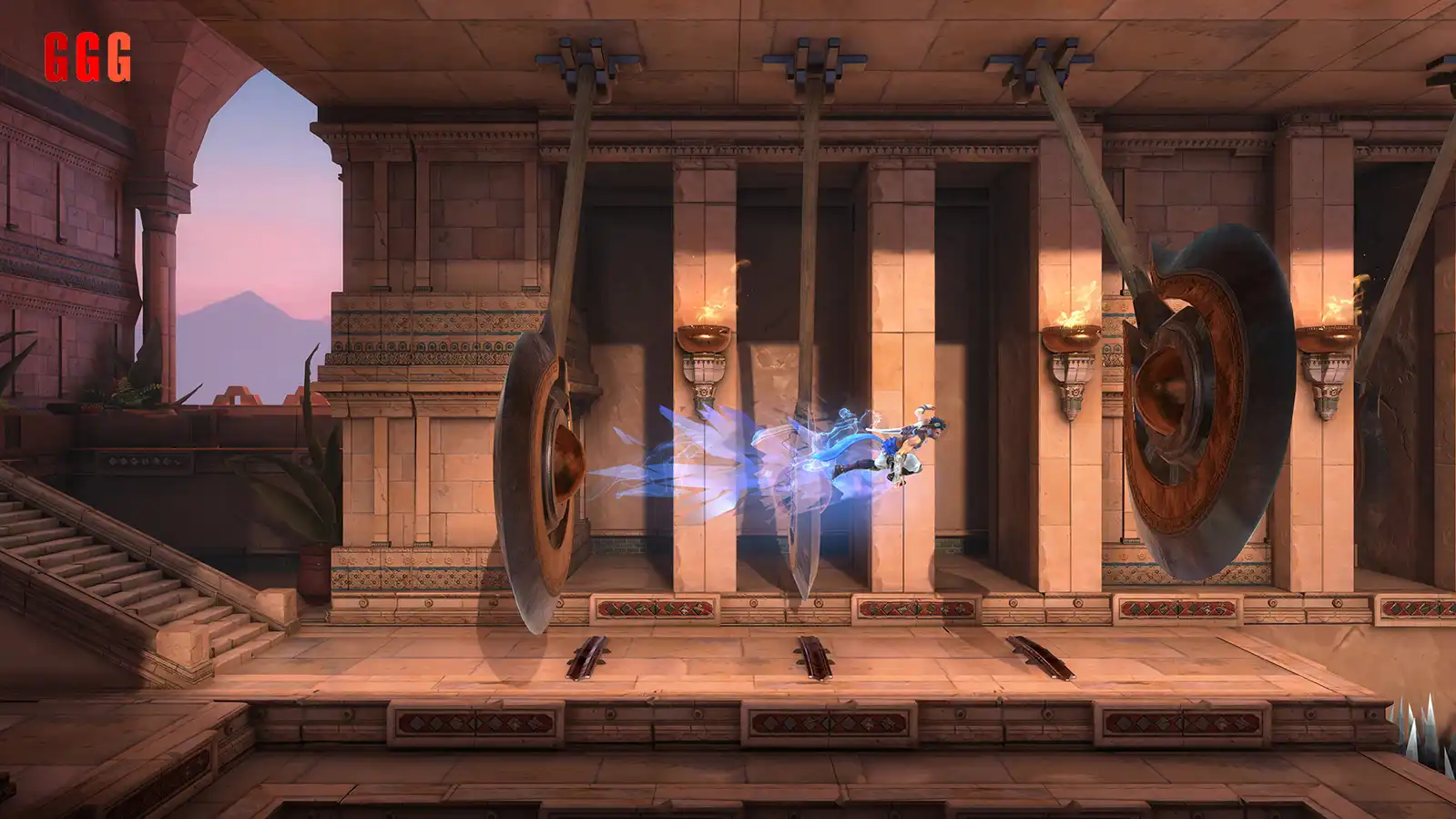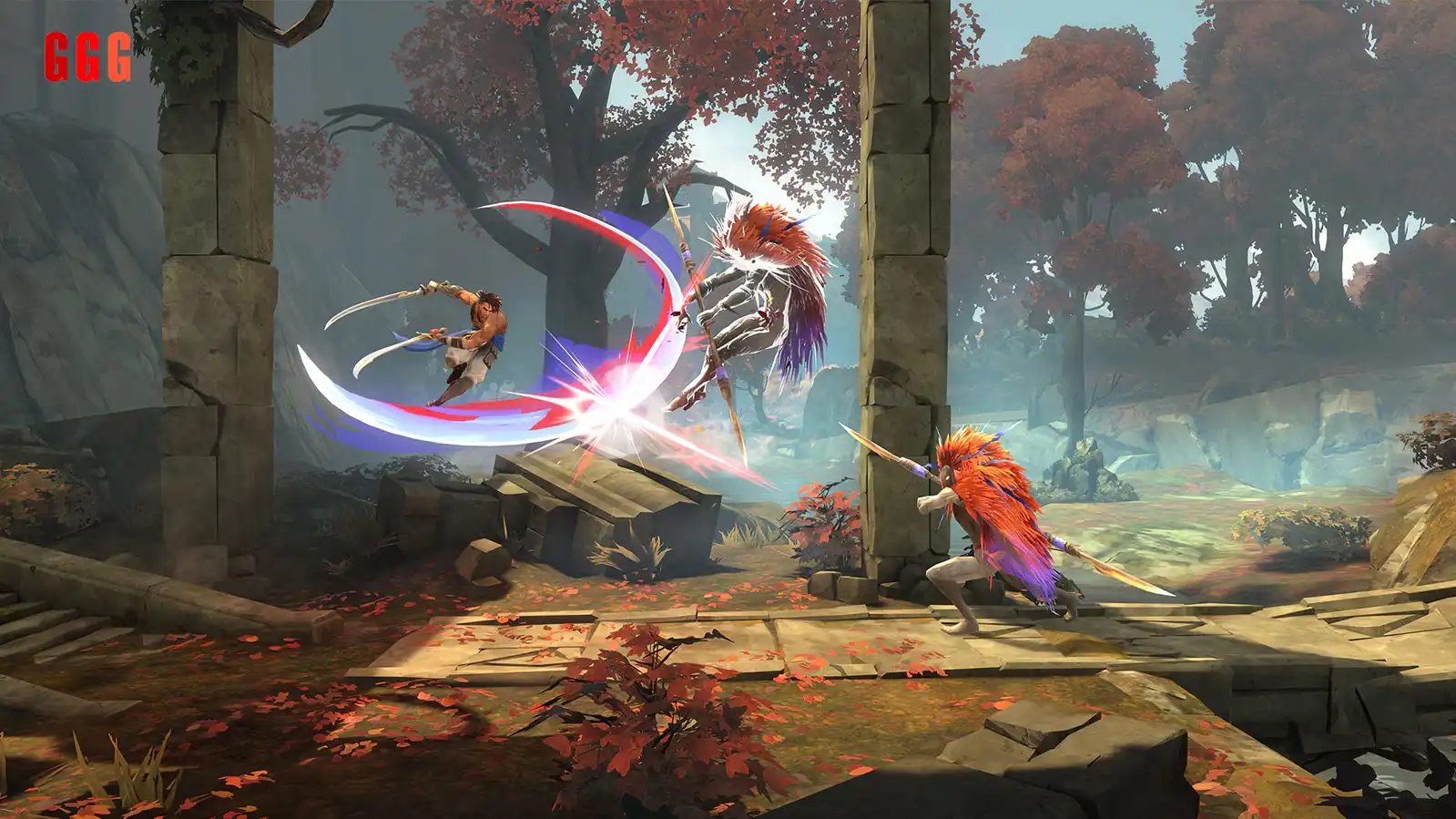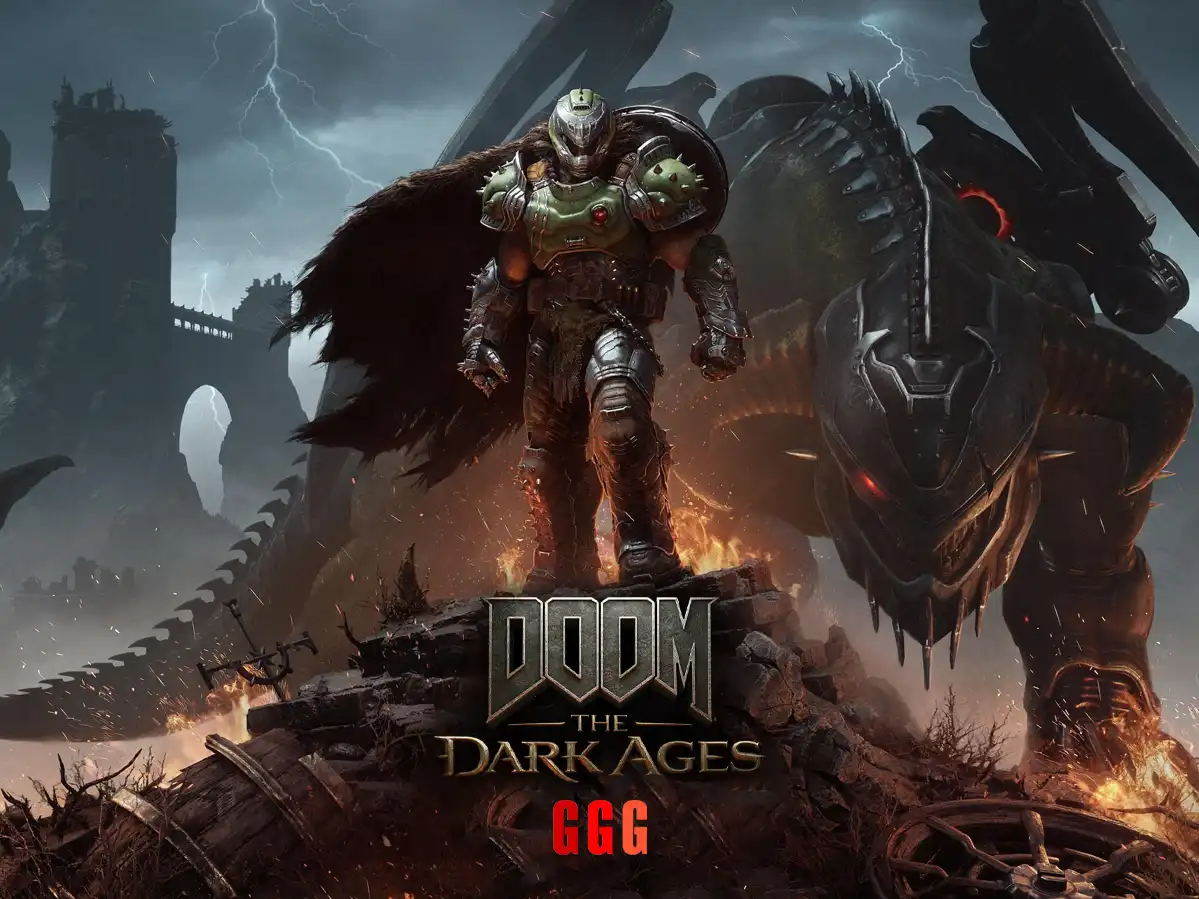Ubisoft Reportedly Rejected Prince of Persia: The Lost Crown Sequel
- Prince of Persia: The Lost Crown – A Gem That Didn’t Shine Bright Enough for Ubisoft
- What Went Wrong for Prince of Persia: The Lost Crown?
- Ubisoft’s Bigger Problems: Strikes, Stock Prices, and Beyond Good and Evil 2
- What Does This Mean for Prince of Persia Fans?
- Lessons from Final Fantasy 7: What Ubisoft Could Learn
- What’s Next for Ubisoft in 2025?
- FAQ: Prince of Persia: The Lost Crown

But don’t worry, we’re diving deep into what went down, how this ties into Ubisoft’s bigger struggles, and what it might mean for fans of iconic RPGs like Final Fantasy 7. Let’s break it all down in this 1000-word deep dive!
Prince of Persia: The Lost Crown – A Gem That Didn’t Shine Bright Enough for Ubisoft


Instead, they disbanded the team at Ubisoft Montpellier and reassigned them to other projects with “better sales potential.” Search “Prince of Persia: The Lost Crown sales 2025” and you’ll see why this decision has left fans heartbroken.
What Went Wrong for Prince of Persia: The Lost Crown?

Ubisoft’s Bigger Problems: Strikes, Stock Prices, and Beyond Good and Evil 2


What Does This Mean for Prince of Persia Fans?

Lessons from Final Fantasy 7: What Ubisoft Could Learn

What’s Next for Ubisoft in 2025?
As we roll into April 2025, Ubisoft is at a crossroads. The cancellation of a Prince of Persia: The Lost Crown sequel, combined with their other struggles, has fans worried about the future of the company. Will they double down on safe bets like Assassin’s Creed, or take a risk on something new? Only time will tell, but one thing’s for sure—gamers aren’t giving up on Prince of Persia just yet. If you haven’t played The Lost Crown, now’s the perfect time to check it out and see what all the fuss is about. Who knows? Maybe a surge in sales could convince Ubisoft to bring it back!










